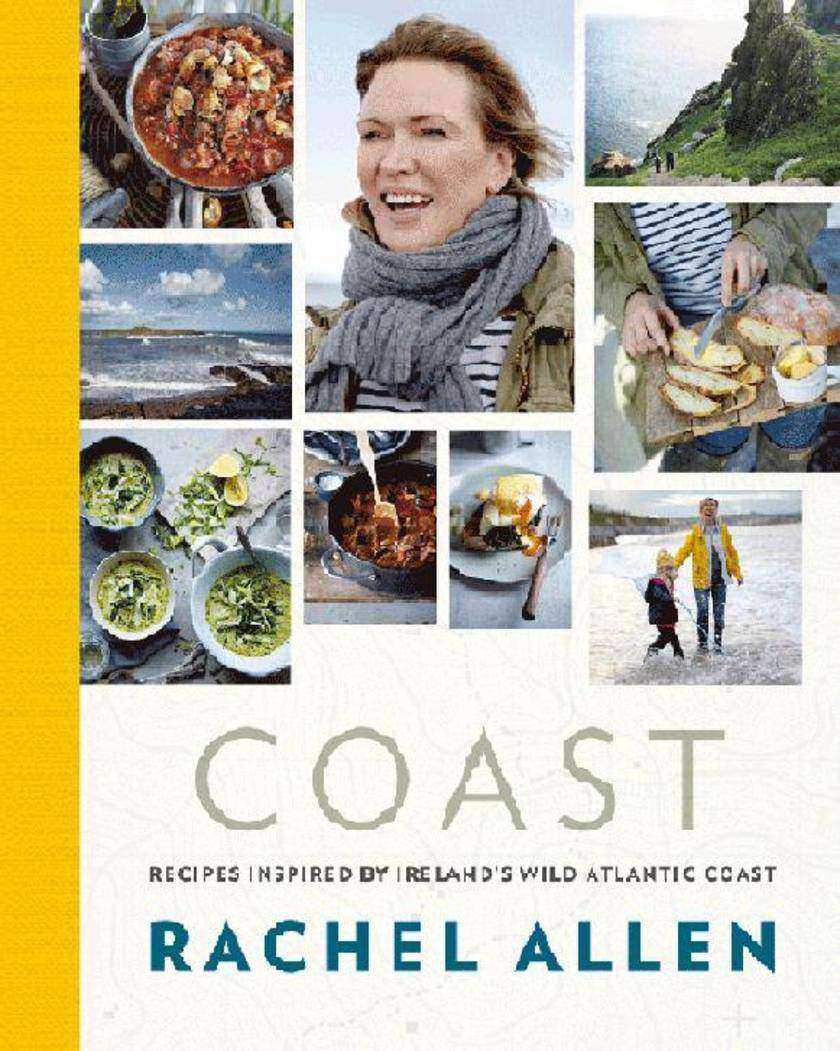
Coast: Recipes from Ireland’s Wild Atlantic Way
¥184.23
Rachel Allen was brought up in Dublin and at the age of eighteen left to study at the prestigious Ballymaloe Cookery School. Today, she not only teaches at the school, she also writes regular features for national publications, presents highly acclaimed television programmes which have been broadcast internationally. She is the winner of the 2012 Irish Book Award for Best Non-Fiction for Easy Meals.

Bianco: Pizza, Pasta and Other Food I Like
¥184.23
Born and bred in the Bronx, Chris Bianco is a second generation New York Italian. He established a pizzeria in Arizona after taking the first flight to a city he liked the sound of. Pizzeria Bianco was born, inside the back corner of a local grocery store, and has had queues around the block since.In 2005 Chris opened Pane Bianco, serving foccacia breads and sandwiches, then his Italian Restaurant.Chris’ food meccas have attracted fans from around the world and in 2011 he joined forces with Jamie Oliver to open Union Jacks in the UK. He is a James Beard award-winning chef, has appeared on TV shows as diverse as Oprah Winfrey and Martha Stewart, and now lives between London and Pheonix.
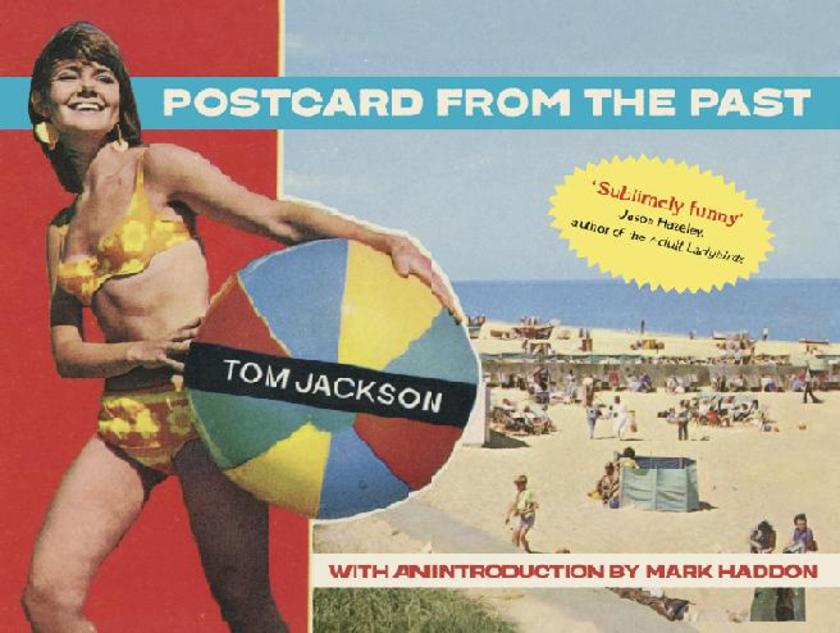
Postcard From The Past
¥73.58
Tom Jackson started putting old postcards on Twitter in 2016. He lives in South London. @pastpostcard

Border Collie (Collins Dog Owner’s Guide)
¥73.58
Writer and canine behaviourist Carol Price has owned, trained and bred Border Collies for over 15 years. She is a member of The UK Registry of Canine Behaviourists, specialising particularly in Border Collies and rescue dogs, and the author of the best-selling books Understanding the Border Collie and Understanding the Rescue Dog. She has written extensively for The Times on canine and other animal behaviour subjects, and is a regular contributor and training advisor for both of the UK’s top-selling dog magazines, Dogs Today and Your Dog.
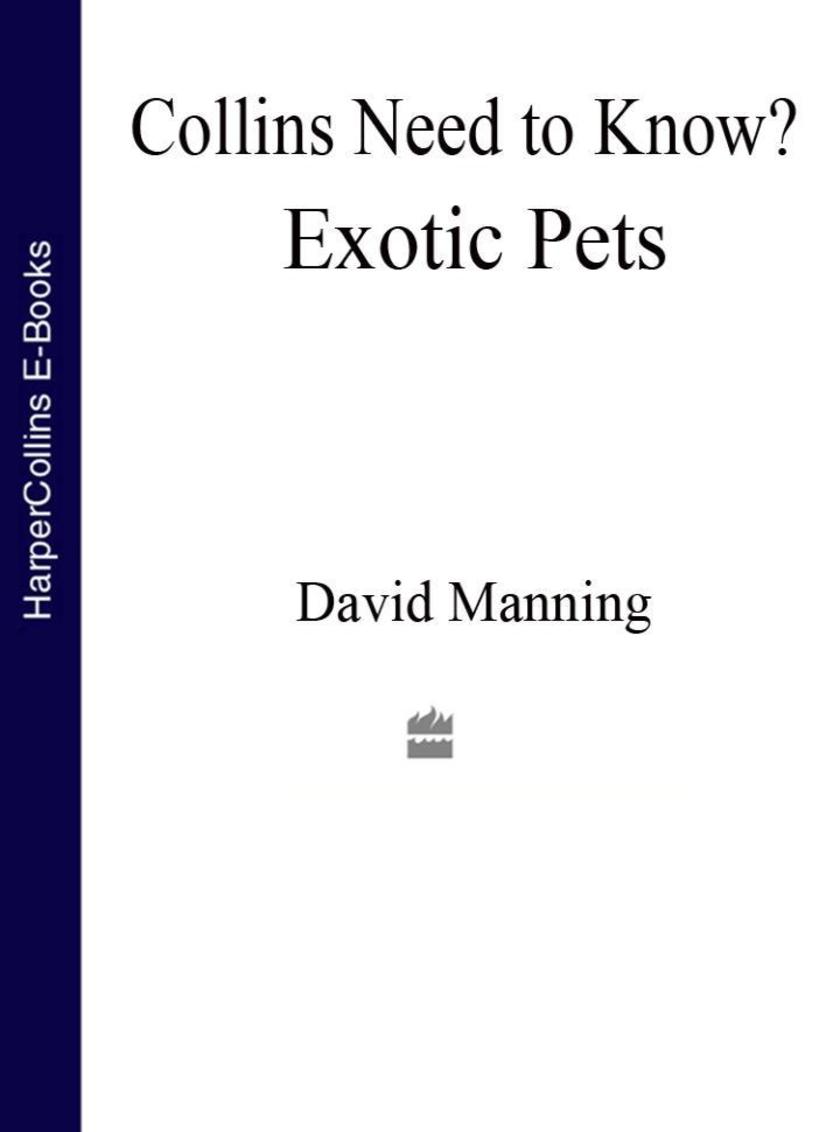
Exotic Pets (Collins Need to Know?)
¥73.58
By picking up this book, you are probably either considering keeping exotic pets, or you already have an interest in them. Not only are many of these creatures extremely beautiful to look at but they are also much simpler to look after than some of the more traditional pet mammals and birds with whom we choose to share our lives.Among the most popular pet amphibians, tree frogs are remarkably easy to look after and many species are suitable for handling by keepers.

Farming and Birds (Collins New Naturalist Library, Book 135)
¥220.14
Ian Newton is an ornithologist and applied scientist, and a leading expert on bird ecology and biogeography, specialising in finches, waterfowl and birds of prey, especially the sparrowhawk. He graduated from Bristol University and gained his doctorate at Oxford. He joined the NERC in 1967, initially studying population ecology of geese and finches, followed by the impact of pesticides on birds of prey. He has written three previous New Naturalist volumes, Finches (1972), Bird Migration (2010) and Bird Populations (2013).
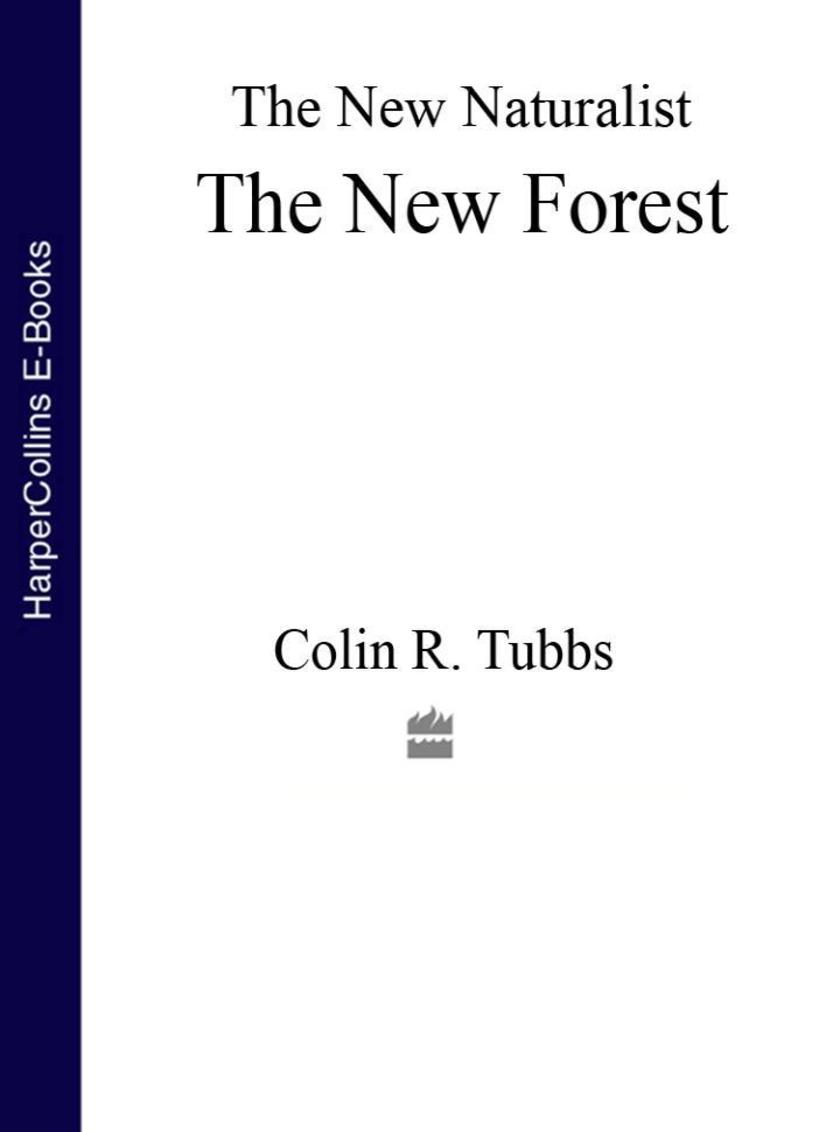
The New Forest (Collins New Naturalist Library, Book 73)
¥476.96
I recall the New Forest in childhood and explored it in the 1950s. It has been my home and I have been involved in its affairs since 1960 when almost by accident I found myself working in the Nature Conservancy (since 1974 the NCC). The Forest has not been my only professional concern or research interest since then, but it has been of constant and absorbing interest. The absorption grows with time – partly because over long time spans, it becomes possible to measure and witness changes which illuminate the relationships between soils, vegetation, animals and management in ways which no short-term study can achieve; and partly because time increases rather than diminishes the degree of spiritual renewal and intellectual wonder to be derived from the familiar woods and heaths.

Care for your Pony (The Official RSPCA Pet Guide)
¥25.21
Owning and caring for a pony can be one of the most rewarding experiences in life. It teaches self-discipline and self-reliance and helps to develop a sense of responsibility in young people. In return for good care, a pony will provide years of pleasure and a wonderful way to get and stay fit.But ponies can be extremely demanding animals in terms of time, land and money. There may seem nothing to match the fervour of a child’s longing for his or her own pony, but if parents do not give the matter careful thought, or if they make a hasty purchase, then they may find out too late that they have created an impossible situation.A pony must have daily attention at regular times not just when its owner finds it convenient. It must have a safe, well-fenced field or paddock, and field shelter if it is to live out all year. The field must be well-drained and preferably large enough to divide into two or three sections to allow for controlled grazing. If the pony is to be stabled during the winter, a loose box of adequate size must be provided, with plenty of bedding, changed daily. The cost of winter feed is another factor to be considered before taking on ownership of a pony, for even hardy ponies which live out all year need supplementary food from late autumn to early summer. There will also be regular blacksmith’s and vet’s bills to be taken into account.

That’s Your Lot
¥66.22
Brian ‘Limmy’ Limond is a Scottish comedian who first became known for his website and blog, and is now regarded as one of Scotland's most original comedy talents. In 2006 Limmy started a hilarious daily podcast, Limmy's World of Glasgow, and in 2010 he launched his incredibly successful comedy series Limmy’s Show. His first book, Daft Wee Stories, was a Sunday Times bestseller.

Cat and Kitten Care (Collins Need to Know?)
¥76.91
Cats are now the most popular pets, and it is not surprising that they have overtaken dogs in the popularity stakes. They are small, relatively silent, economical to keep, exercise themselves, easy to feed, and are ideal companions for a wide range of people, from the elderly to those who are out at work all day.Whether you want an ordinary moggie or an expensive pedigree cat, the principles of ownership and looking after them are the same. As an increasing number of owners live in big cities and small, high-rise apartment blocks, house cats are becoming more widespread. Although they may not be allowed outside like their free-roaming, predatory cousins, they share a common ancestry and owning a cat of any description is like having a relatively wild creature living with you in your home. Domestication is anathema to many cats who prefer to think that they are independent animals, under the control of nobody but themselves.
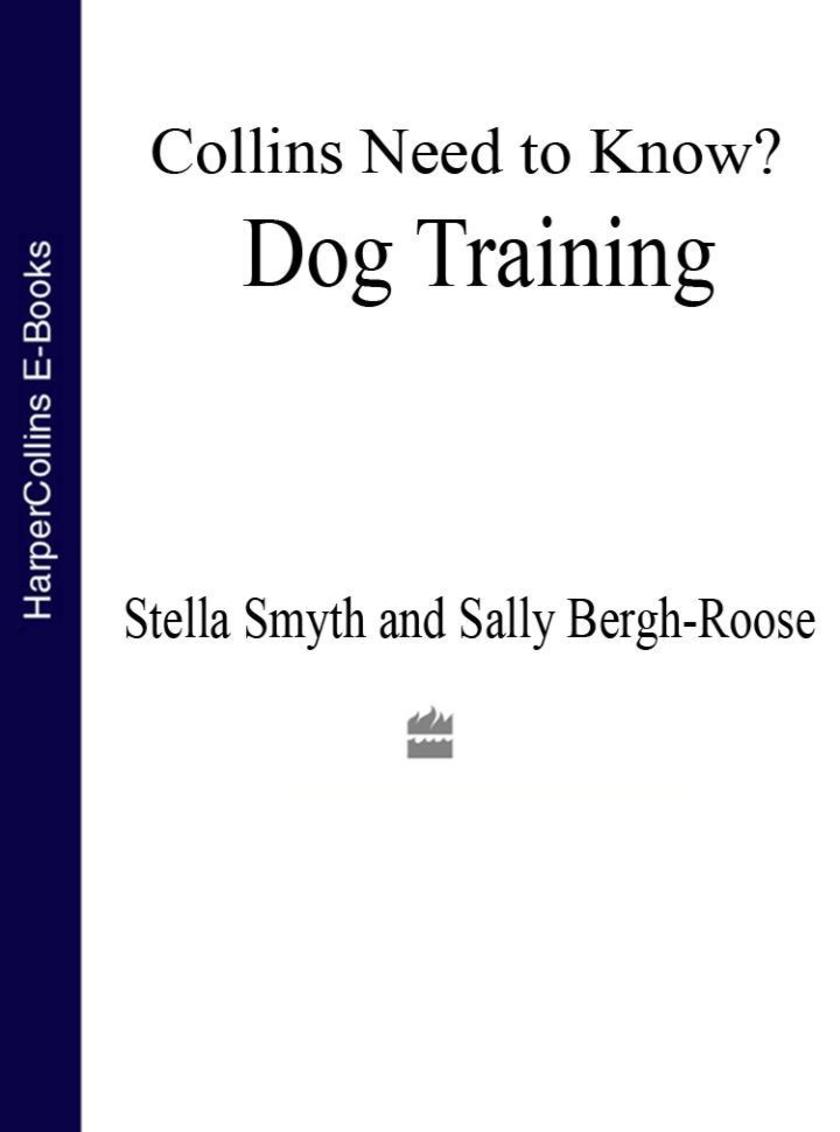
Dog Training (Collins Need to Know?)
¥76.91
Stella Smyth and co-author Sally Bergh-Roose have been training dogs since 1978 and have been involved in competition work with a variety of dogs. Together they have been running a successful dog training course for many years.

Stonehenge: Neolithic Man and the Cosmos
¥100.06
JOHN NORTH moved in 1977 from Oxford to the University of Groningen, where he is Professor of the History of Philosophy and the Exact Sciences. He is a member of the Royal Netherlands Academy, the Royal Danish Academy and is a Fellow of the British Academy.
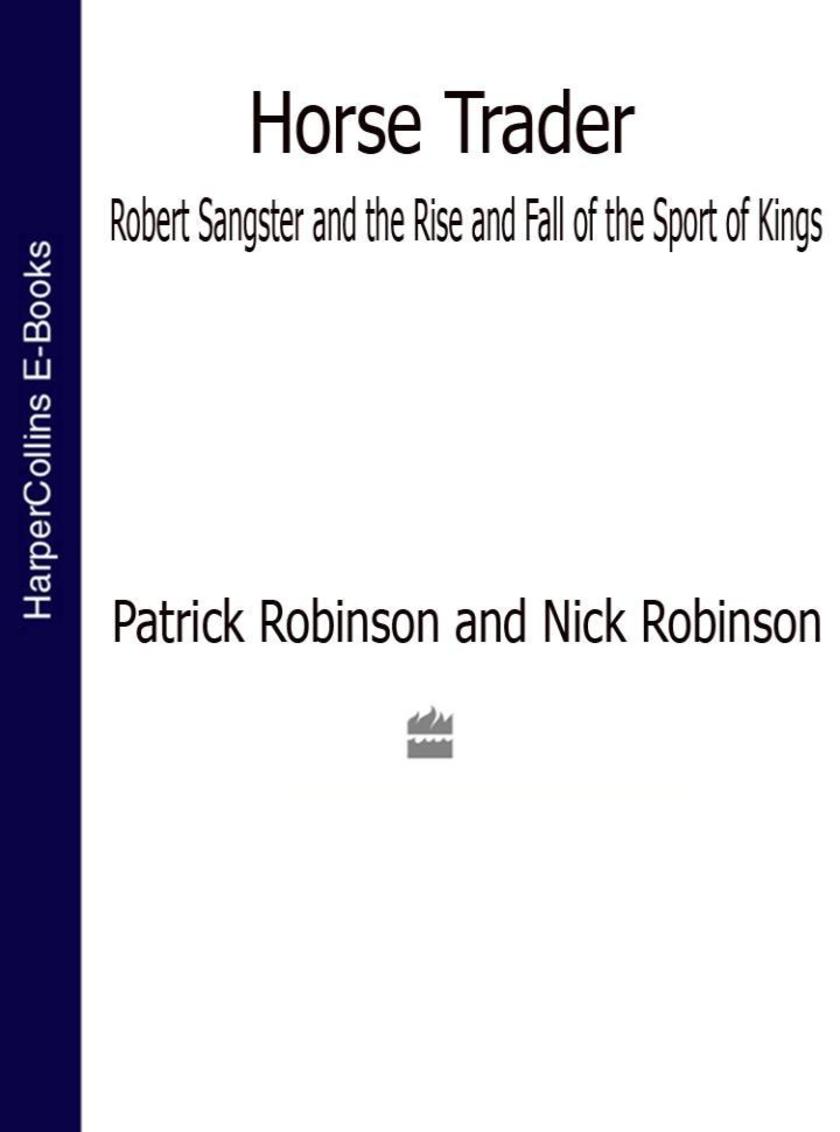
Horse Trader: Robert Sangster and the Rise and Fall of the Sport of Kings
¥154.12
It was always tense in The Rooms when they were proposing to elect a statesman to membership. Actually, it was always tense in The Rooms whomever they were proposing to elect to membership. But a statesman created a special feeling of apprehension. Such an event happened only every fifty years or so, because, by and large, the Jockey Club did not see statesmen as the right calibre of chap. Most of them had depressingly brilliant intellects coupled with dazzling charm and tact. Or, put in the more ducal vernacular of the Club, they were too clever by half, ‘too smarmy’.The Earl of Rosebery, during his Lordship’s tenure as Prime Minister of England, had of course been a member of the Club back in 1894 when his colt Ladas had won the Derby at Epsom. However, having been a member since the age of twenty-two, the touchy business of electing a statesman had never really applied.The Jockey Club had admitted an Under-Secretary of State for War, Earl Cadogan, in the middle of the nineteenth century, in the knowledge that he was much preoccupied with the unrest along India’s north-west frontier. The same applied, in smaller measure, to the Marquis of Londonderry and the Earl of Zetland in the 1880s when they were appointed as successive Lords-Lieutenants of Ireland. Different frontier, similar unrest among the natives and one or two furrowed brows in the Club. Lord Randolph Churchill, Chancellor of the Exchequer and owner of an Oaks winner in 1889, had had to be elected. And they could not quite avoid accepting his often fractious son Sir Winston, who won the Jockey Club Cup in 1950 with his stout-hearted grey Colonist II shortly before becoming Prime Minister for the second time.
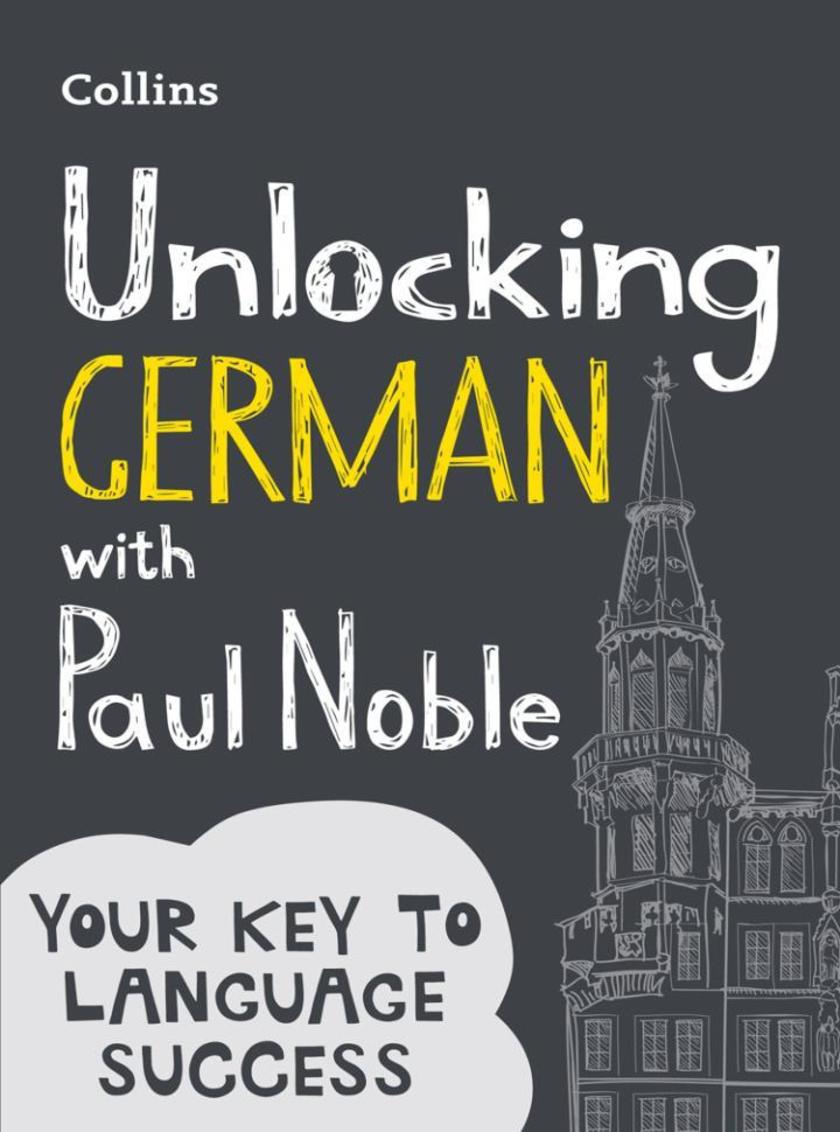
Unlocking German with Paul Noble: Your key to language success
¥73.58
Who is Paul Noble?Paul Noble is a genius, yet he still left school unable to speak a language – he found that the traditional learning methods left him feeling ‘confused, incapable and unable to really say anything’. Determined that there must be a better way to learn, Paul spent years devising his own unique method of learning languages which cuts out all of the grammar, all of the rote learning, and all of the stress. He began using his method to teach in his Language Institute and, hundreds of students later, he prides himself on never having had a student fail.
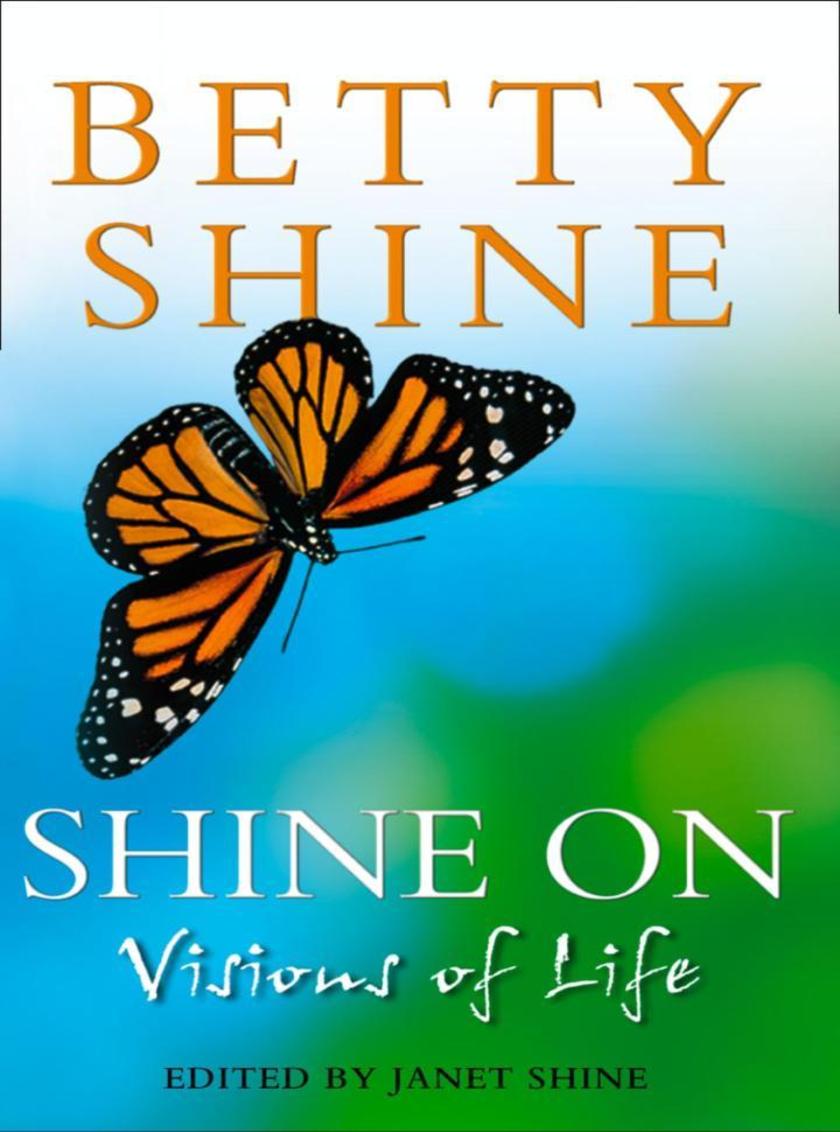
Shine On: Visions of Life
¥68.57
Betty Shine was known worldwide for her powers as a medium and healer. She was the author of 11 bestselling books, including Mind Magic which was a Sunday Times No.1 bestseller. A former opera singer, she was a therapist for over 40 years and a healer and medium for 25 years. Her untimely death has left many fans bereft, and this book is a fitting tribute.

Cavalier King Charles Spaniel: An Owner’s Guide
¥57.00
Owning a dog is a huge responsibility but extremely rewarding. When you decide to welcome a Cavalier King Charles Spaniel into your home, you have to consider not only how he will fit into your lifestyle but also what you can offer him in return. He will need regular exercise, feeding, games and companionship as well as daily care.As a good owner, it is your responsibility to keep your Cavalier King Charles Spaniel fit and healthy. If you follow the basic guidelines in this book and socialize him, feed a nutritious diet, exercise him adequately, groom and play with him, you can prevent many common health problems. However, it is important that you learn to recognize the warning signs of problems and diseases so that you can treat them yourself or seek professional help from your vet before they get worse. Prevention is always preferable to cure, and a healthy, contented dog will become your trusted companion for many years.
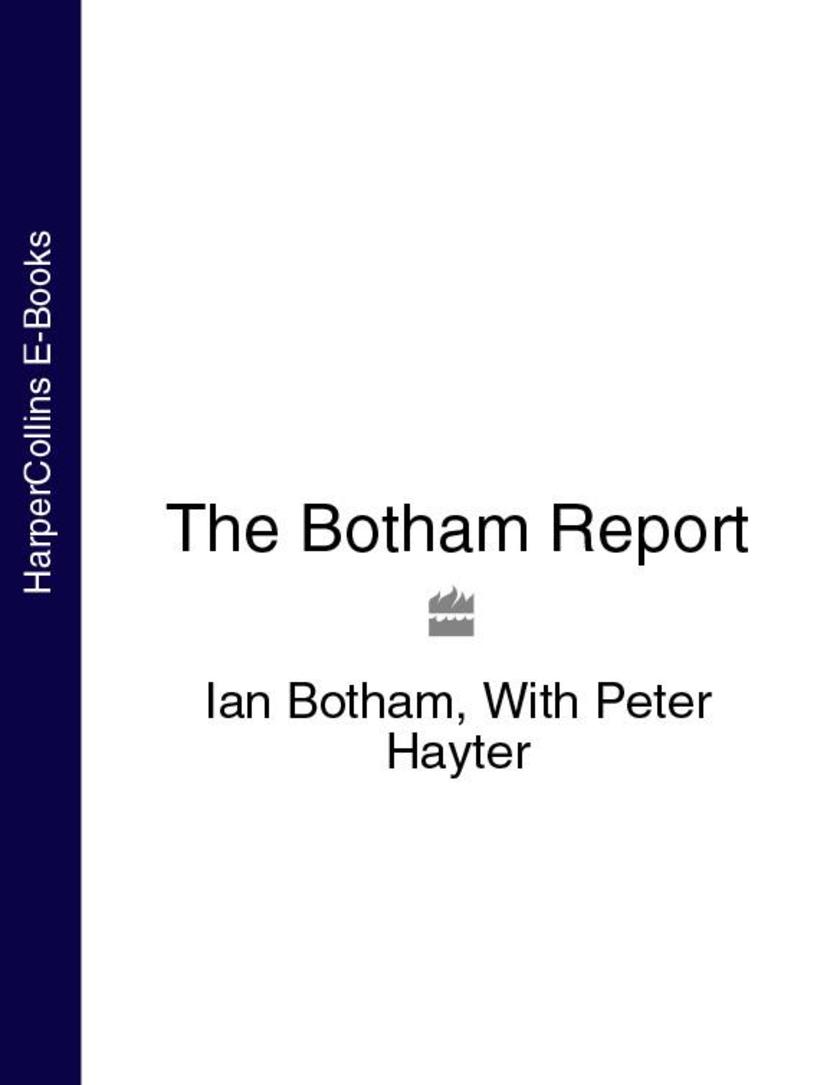
The Botham Report
¥53.76
Ian Botham was the most thrilling sight in sport for nearly two decades at the top of international cricket. He retired from the game in 1993 and has since acted as coaching advisor to the England team on the 1997/98 Zimbabwe and New Zealand tour, a commentator for Sky TV, and he has a newspaper column in the Daily Mirror. He continues to be a keen analyser of the game.

An Agenda for Britain
¥44.24
In The Importance of Being Earnest what Lady Bracknell said of Ernest’s loss of both his parents could also be said about the losing of elections. If the loss of one election is unfortunate, and two careless, then three is reckless, four criminal, and to lose five in succession might well prove fatal. This chapter looks at the reasons for Labour’s losing streak. It considers whether the Party is now so enfeebled that it will be unable to win again, unless it offers an electoral reform which will ensure that it is unlikely ever to form a one-party government again. The promise of electoral reform must be accompanied by the most fundamental changes in the Party’s constitution if Labour is to continue to be a serious political force.

The Mills & Boon Modern Girl’s Guide to:Happy Hour:How to have Fun in Dry Januar
¥51.50
Ada Adverse was brought up in a deeply puritanical household where looking at a cake or using words containing more than one vowel were considered decadences punishable by a night in the coal cellar. But at fifteen she ran away from home and is now the world’s leading authority on Having Fun, which is definitely an actual job, she has ‘Fungineer’ printed on her business cards to prove it, though in retrospect she should have been more clear that this does not mean she specialises in mushrooms. Ada’s hobbies include topiary, mazes, homing pigeons, flea circuses, forming imaginary bands in her head, embalming things, tattoos, pylons, and the films of Billy Wilder. Ada’s dislikes include predatory mcaws, getting out the wrong side of the bed, collections of masks, and porcelain dolls with realistic teeth.
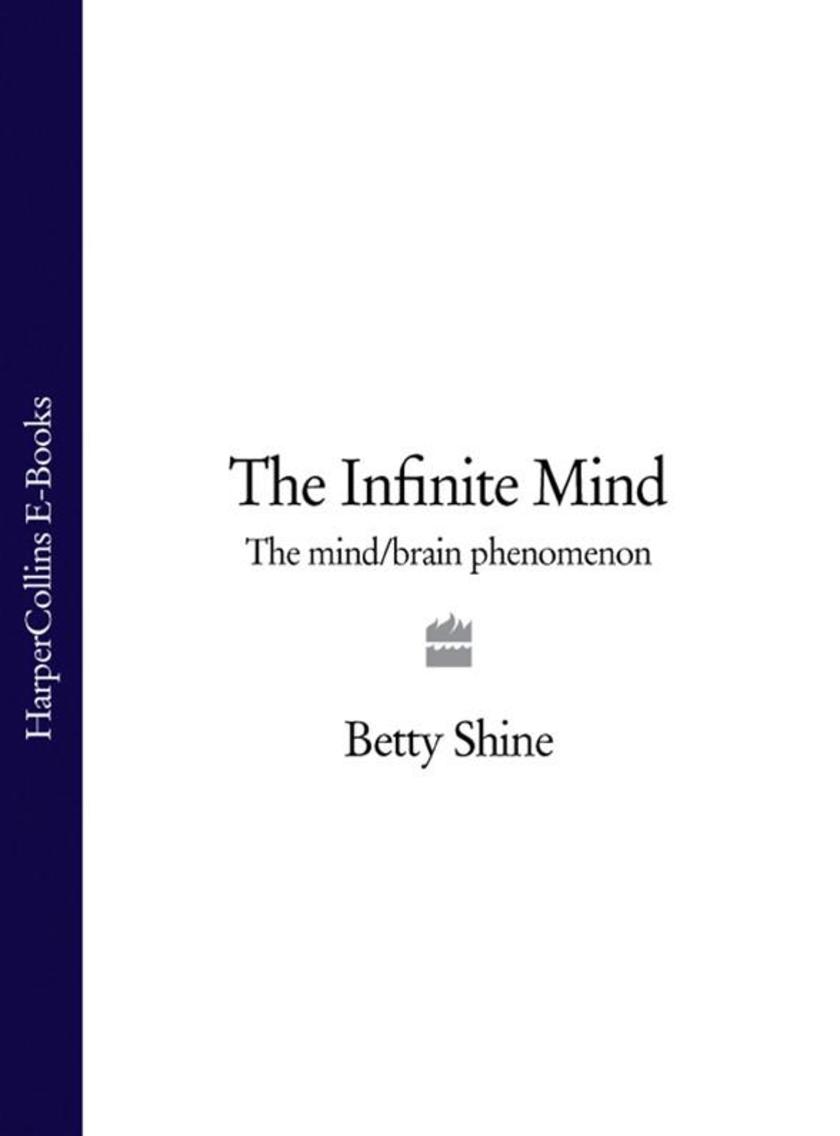
The Infinite Mind: The Mind/Brain Phenomenon
¥59.94
Betty Shine is known worldwide for her powers as a medium and healer. She is the author of a number of bestselling books, including Mind Magic which was a Sunday Times No.1 bestseller. A former opera singer, she has been a therapist for 40 years and a healer and medium for over 20 years. She is a Daily Mail columnist and well-known television and radio personality and has been invited to lecture all over the world.

The Origins of English Nonsense
¥61.51
Noel Malcolm is one of Britain’s most original scholar-journalists. He is the chief non-fiction reviewer for the Sunday Telegraph and writes widely on both literary and political matters. He is the editor of Hobbes’s correspondence and author of the best-selling Bosnia: A Short History. He briefs governments all over the world on Bosnia and Balkan matters and speaks most western and eastern European languages, both ancient and modern. He is now writing a biography of Hobbes.




 购物车
购物车 个人中心
个人中心



